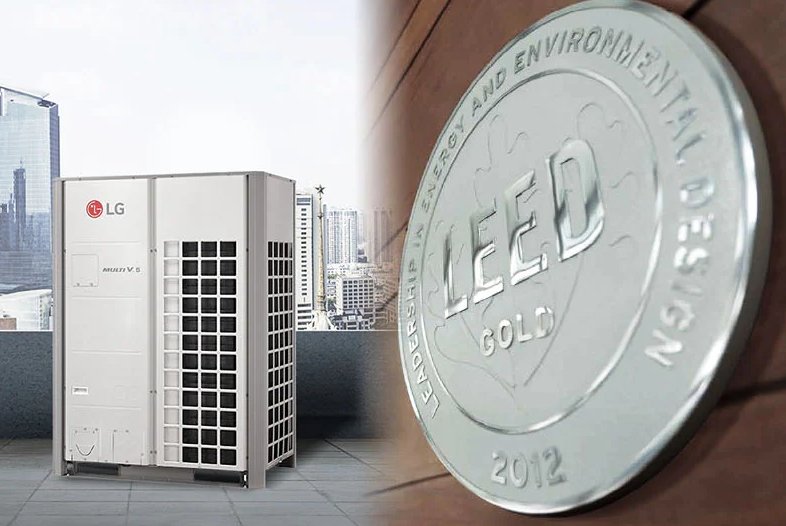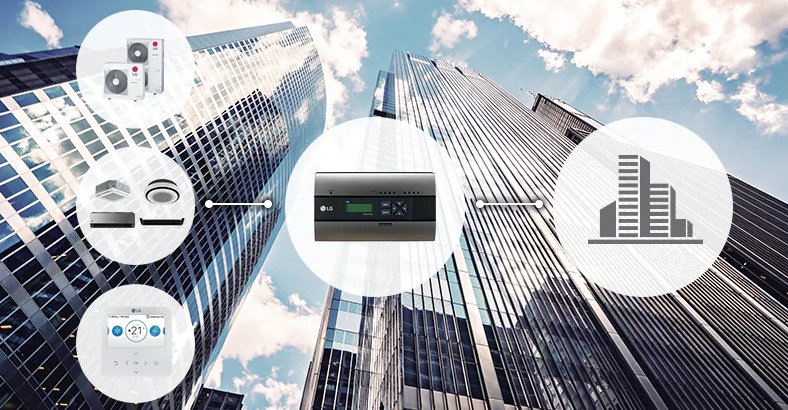This HVAC Solution for Office is the perfect solution for any office environment. It is designed to provide a comfortable and efficient climate control system that is both energy efficient and cost effective. The system is designed to provide a consistent temperature throughout the office, while also providing a healthy and comfortable environment. The system is easy to install and maintain and is designed to be reliable and durable.
The system is designed to provide a consistent temperature throughout the office, while also providing a healthy and comfortable environment. The system is equipped with a high efficiency air filter that helps to reduce airborne particles and allergens, as well as a humidity control system that helps to maintain a comfortable level of humidity. The system also features a variable speed fan that helps to reduce energy costs and noise levels.
The system is designed to be easy to use and maintain and is equipped with a user-friendly control panel that allows for easy adjustment of temperature and humidity levels. The system also features a self-diagnostic system that helps to identify any potential problems and alert the user to any necessary repairs or maintenance.
The system is designed to be energy efficient and cost effective and is designed to provide a comfortable and efficient climate control system that is both energy efficient and cost effective. The system is designed to provide a consistent temperature throughout the office, while also providing a healthy and comfortable environment.

Energy Saving
- Top-class energy efficiency with innovative technologies
- Various heat sources for eco-friendliness
- A Human Detection Sensor adjusts operation

Comfortable Spaces
- 3-step air purification system supplies fresh air
- Optimal temperature, air flow, and humidity
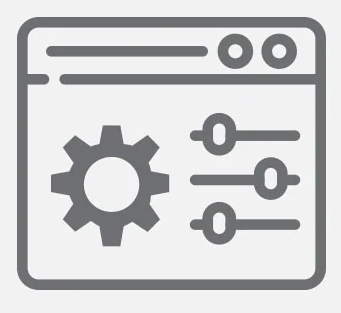
Effective Management
- Integrated energy monitoring & management
- BMS Gateway provides easy link to existing building systems
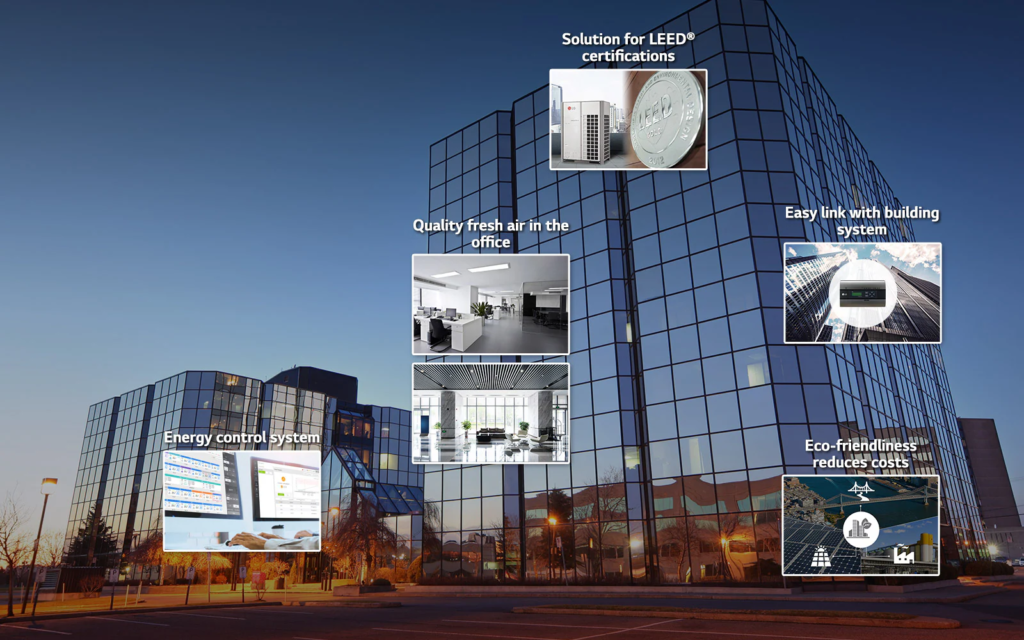
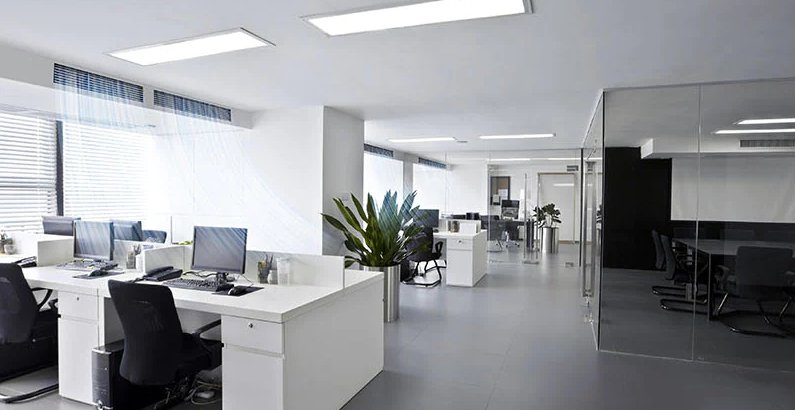
Quality fresh air in the office
Eco-friendliness reduces costs
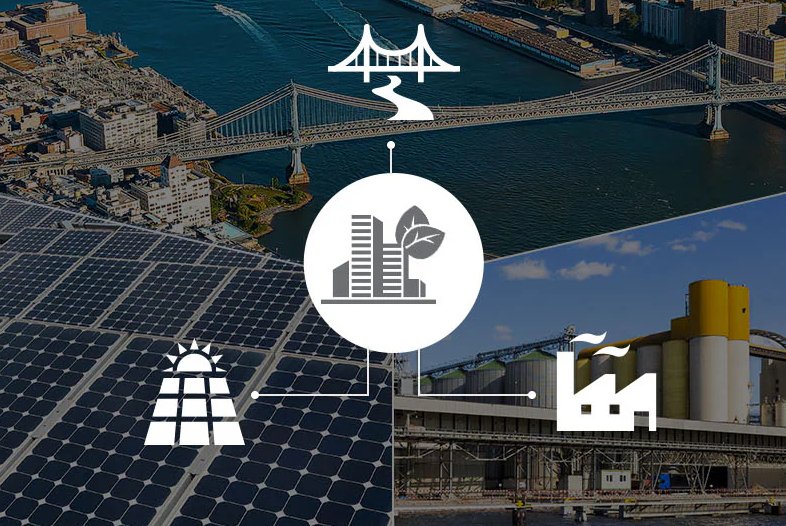
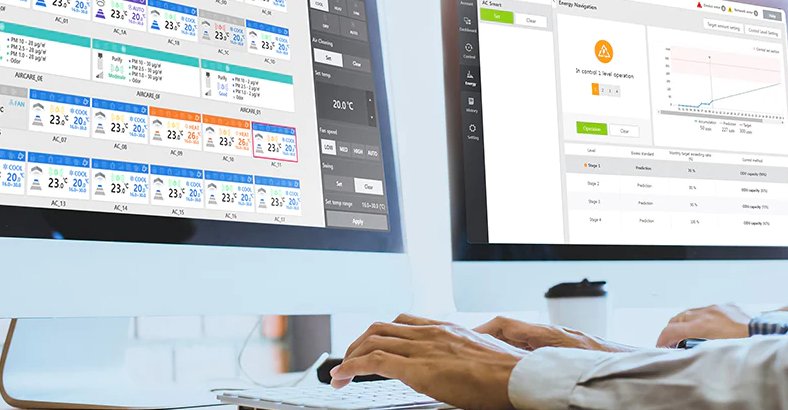
Energy control system
Solution for LEED certifications
